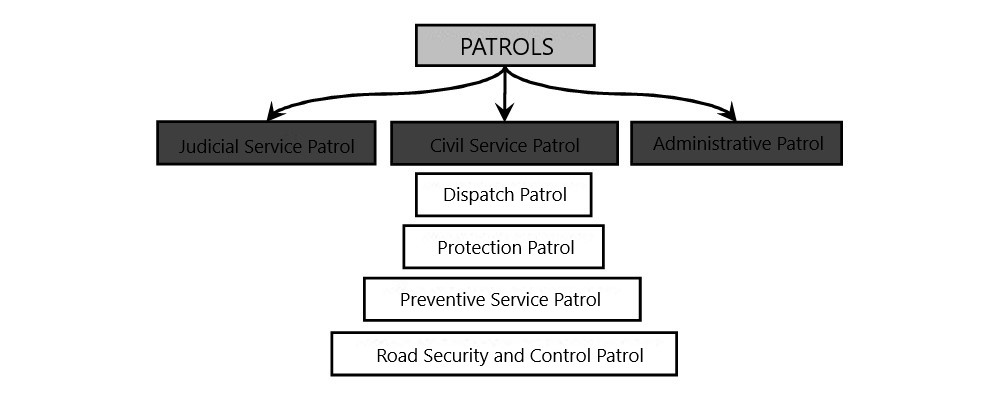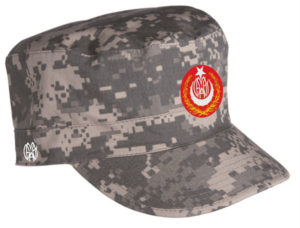GMKA Patrol is a service to support international public spaces and law enforcement with a staff of professionals. It is a security service consisting of fully equipped personnel on foot or in vehicle, in uniform in order to provide general safety and deterrence within its field of duty and to help those who need assistance. A patrol officer is assigned to visit a particular area, building or facility within that area and to observe, listen and protect it.

PURPOSE OF PATROL SERVICES
1) To protect the entrance and exit of the area of responsibility, to ensure environmental safety and security measures
2) To protect the safety of life and property of the facilities and persons within the area of responsibility
3) To ensure that the rules are implemented for the peace and security of the facility with the security guard
4) To find and capture wanted persons
5) To prevent potential crimes
6) To preserve the crime scene and evidence of crimes committed or being committed within the area of responsibility.

THE IMPORTANCE OF PATROL SERVICES
Patrol services are one of the most used methods in the fight against crime. Even if the crime is not committed, the situations that may lead to the perpetration of a crime are intervened. The attitude and behavior of our personnel who intervene in incidents, the manner in which they act and the way of intervention play an important role in preventing or mitigating the incidents. By carrying out enough patrols in the area, information can be obtained about the events that may occur, and it will also be effective in capturing the criminals before they escape if a crime has been committed. In addition, it will also act as a deterrent to crime.
The points that the patrols will pay attention to in general are as follows:
1. Patrol service officers should be in uniform and fully equipped.
2. Patrol teams should consist of at least 2 people.
3. The area of responsibility should be very well known.
4. Local support from the people in the mission area should be gained.
5. One should be mentally and physically prepared to intervene against possible events that may arise.

PATROL TYPES
1. Vehicle Patrol
2. Foot Patrol
3. Combined Patrol
4. Motorcycle Patrol
5. Mounted Patrol
6. Bicycle Patrol
7. Dog Patrol
8. Air Patrol
DUTIES OF PATROL
1. Preventive Duties
2. Protective Duties
3. Relief Duties
4. Judicial Duties
PATROL METHODS
1. Ordinary Patrol
2. Circular Patrol
3. Follow-up Patrol
4. Scheduled Patrol


